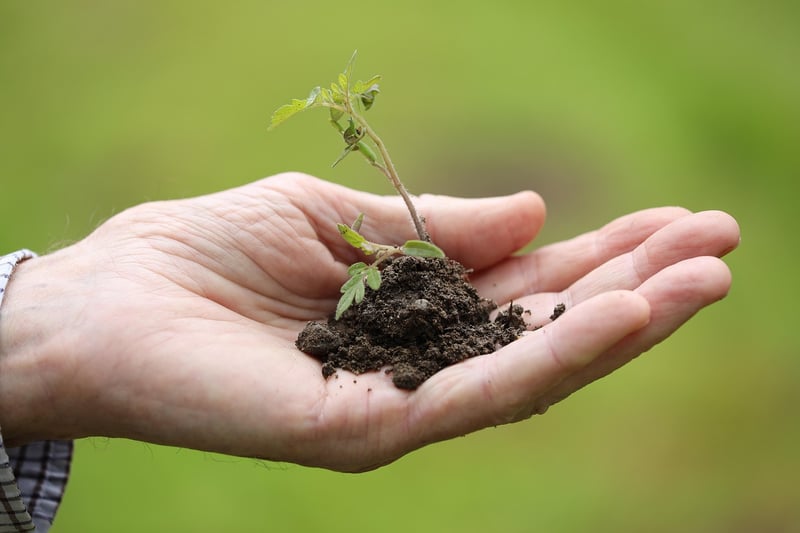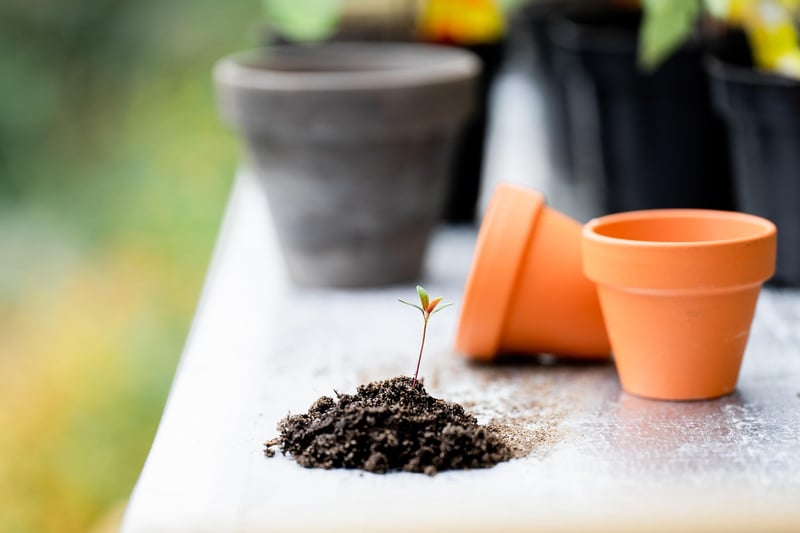Soil Maintenance
Essential Plant Care Advice and Soil Maintenance
Introduction
Welcome to our guide on essential plant care advice and soil maintenance. Whether you are a seasoned gardener or just starting with houseplants, these tips will help you keep your plants healthy and thriving.
1. Watering
Watering is crucial for plant health. Overwatering can lead to root rot, while underwatering can cause wilting. Water your plants when the top inch of soil is dry for most houseplants. Succulents and cacti require less frequent watering.
2. Light
Light is essential for photosynthesis. Place your plants in locations that match their light requirements. Low-light plants can thrive in indirect sunlight, while high-light plants need direct sunlight for several hours a day.
3. Temperature and Humidity
Most indoor plants prefer temperatures between 65-75°F (18-24°C) during the day and slightly cooler at night. Keep an eye on humidity levels, especially in winter when indoor heating can dry the air. Grouping plants together can create a microclimate with higher humidity.
4. Fertilizing
Plants need nutrients to grow. Fertilize your plants during the growing season (spring and summer) with a balanced fertilizer. Follow the instructions on the label to avoid overfertilizing, which can harm your plants.
5. Repotting
As plants grow, they may outgrow their pots. Repot your plants into larger containers with fresh potting mix to provide them with more space and nutrients. Check the roots when repotting to ensure they are healthy.
Soil Maintenance Tips
1. Soil Quality
Choose a well-draining potting mix specific to your plant's needs. Avoid using garden soil, as it can compact in pots and hinder root growth. Consider adding perlite or sand to improve drainage.
2. Soil Aeration
Aerate the soil regularly to prevent compaction. Gently loosen the top layer of soil with a fork or chopstick to improve air circulation to the roots. This also helps water penetrate the soil more effectively.
3. Mulching
Applying a layer of mulch on top of the soil can help retain moisture, suppress weeds, and provide nutrients as it breaks down. Organic mulches like compost or shredded leaves are beneficial for plant health.
4. Monitoring pH Levels
Some plants have specific pH requirements. Use a soil pH tester to monitor the acidity or alkalinity of your soil. Adjust the pH if necessary with additives like lime or sulfur to create an ideal growing environment for your plants.
Conclusion
By following these essential plant care advice and soil maintenance tips, you can create a nurturing environment for your plants to thrive. Remember to observe your plants regularly and adjust your care routine based on their individual needs. Happy gardening!


